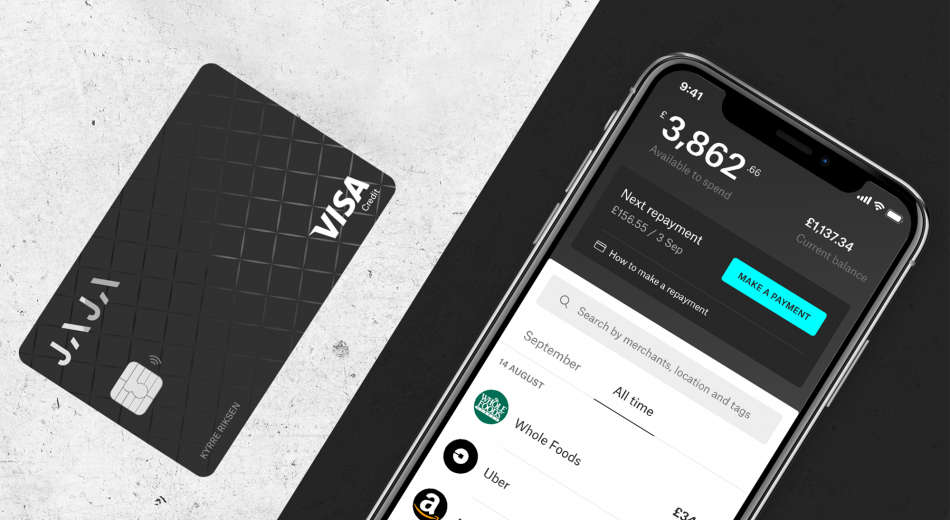
Benefits of Contacting a Debt Advisor
If you are struggling with debt, it can be overwhelming and difficult to ask for help. One of the options available to you is to contact a debt advisor. They will listen to your situation, discuss your options, and help you plan and set a budget for you to pay back your debts. They may also advise you how to contact your creditors, the credit card company or who you took a loan from, to arrange repayments.
When you should see a debt advisor
You should consider seeking help from a debt advisor if you are:
- Worrying about your finances regularly
- Missing credit repayments, such as your credit card minimum payments or monthly loan repayments
- Struggling to pay your bills or using credit to pay them
- Relying on credit or borrowed money to get by
- Hiding your spending habits from friends or family
- Avoiding calls/letters from lenders
Signs someone you know may be struggling with debt
You might also notice or suspect someone close to you may be struggling with debt – if they are doing any of the above, encourage them to seek help. Providing support and an ear to listen can help massively but remember the decision to contact a debt advisor should be made by the individual themself.
Some signs that may also indicate someone you know is struggling with debt are:
- Asking to borrow money
- Avoiding activities they used to enjoy or do regularly
- Being strangely secretive about their spending
- Hiding post or avoiding phone calls from unknown numbers
- Struggling to make ends meet
What to prepare when contacting a debt advisor
Before contacting a debt advisor, you may want to take some time to gather information and your thoughts so that you are fully prepared. Some information that may be helpful to have on hand would be things like bank statements from the last 3 months, how much you owe and to whom, any letters or demands from your creditors, and how old your debts are.
The debt advisor may want to discuss:
- All your debts as a whole and the lenders you have borrowed from
- Your income and any monthly expenses to create a budget
- Your living situation e.g., do you live with parents or with a partner?
- Your circumstances so that they can understand your situation better
It is also important to let your debt advisor know if any of the debts belonged to a partner or spouse who has died.
Charities to contact
Some debt management companies may charge a fee for their services however many charities offer free and confidential debt advice.


